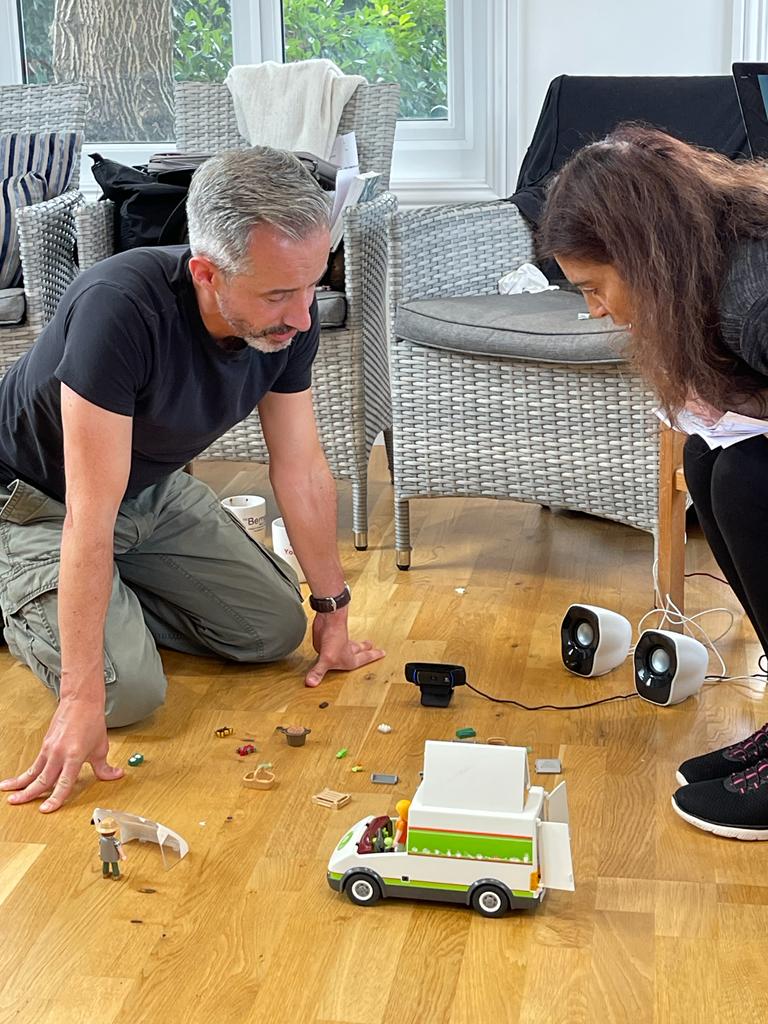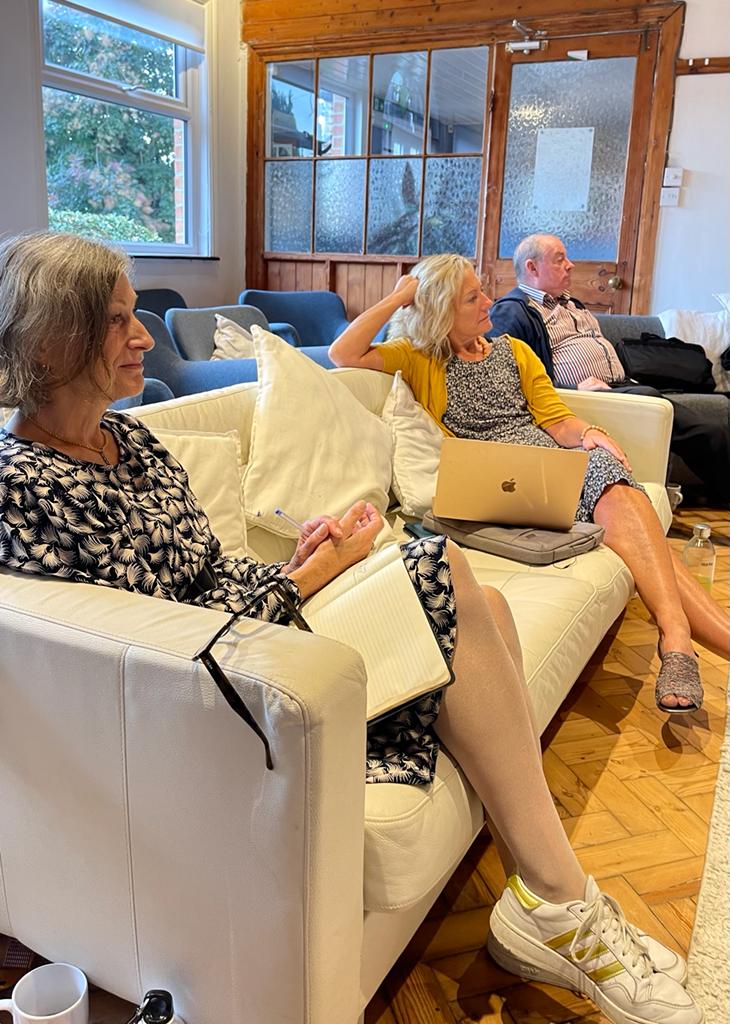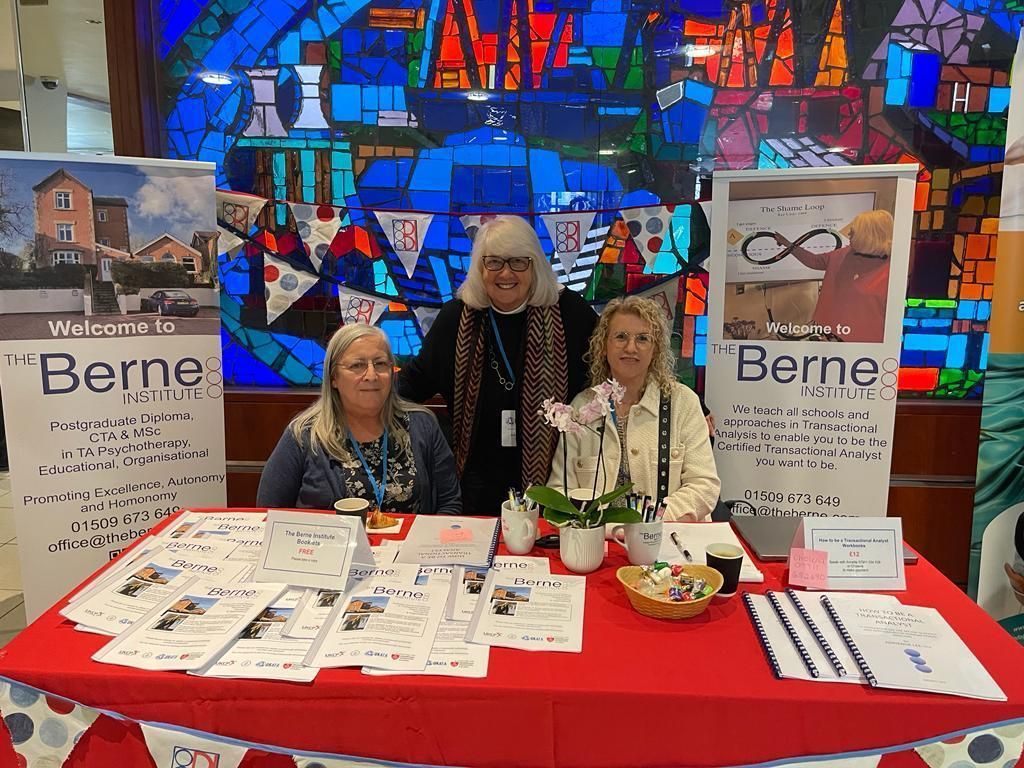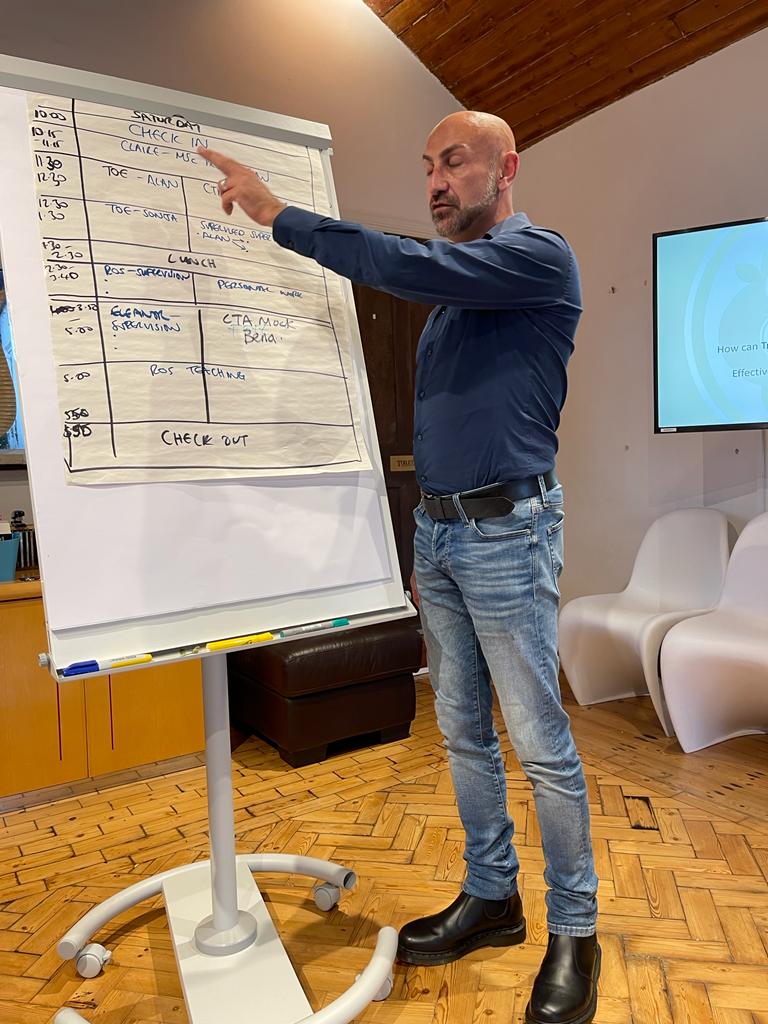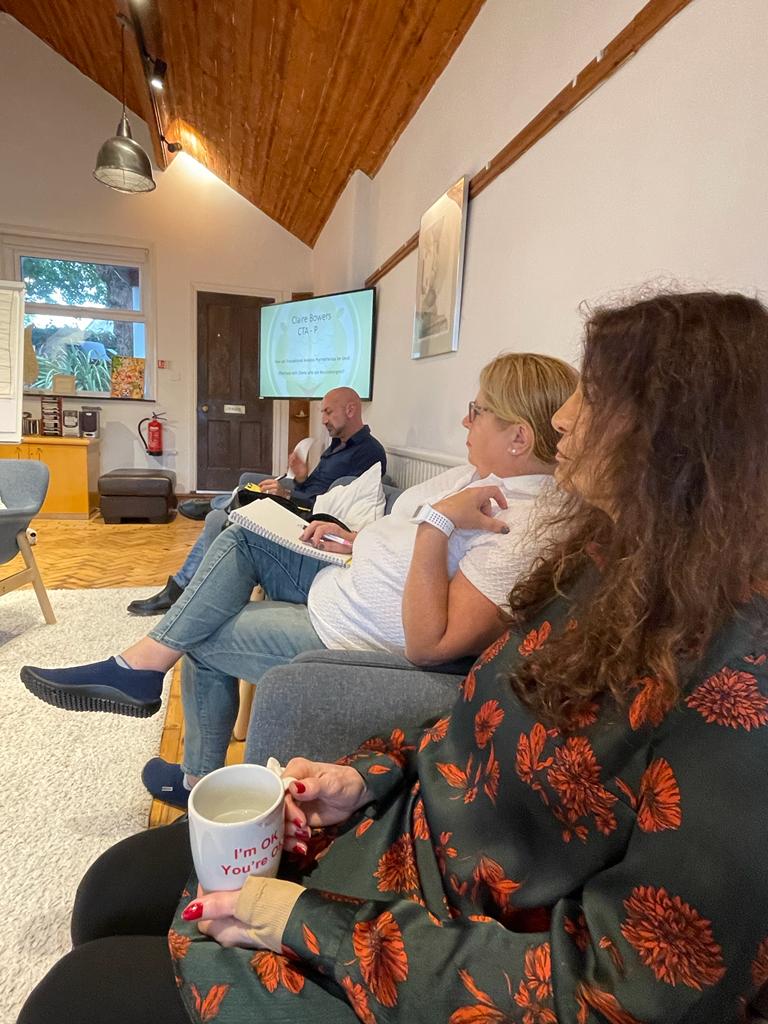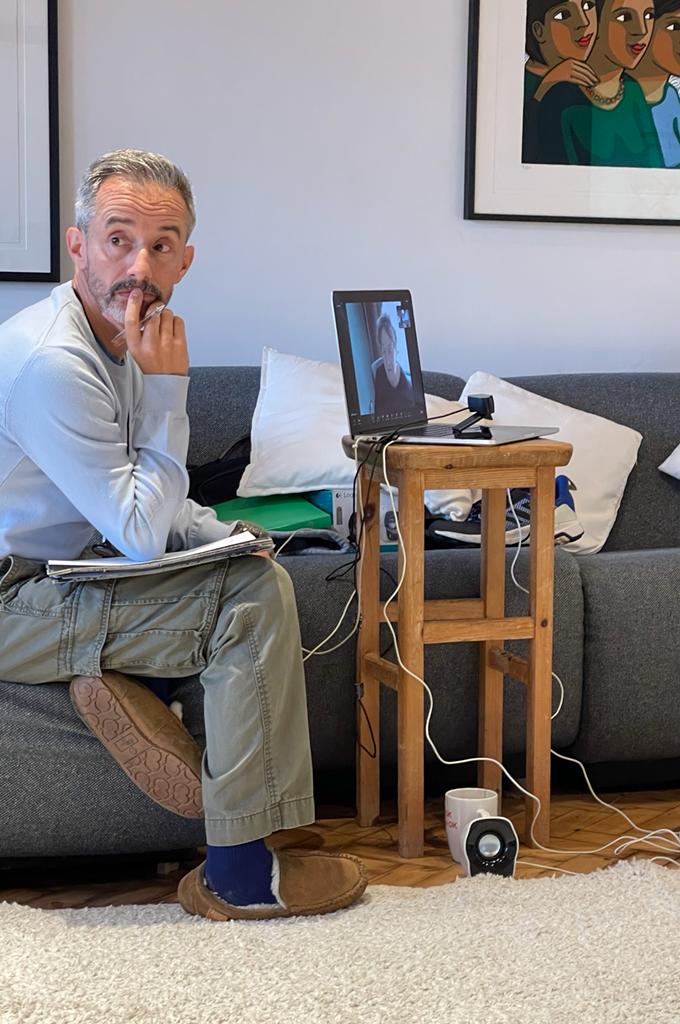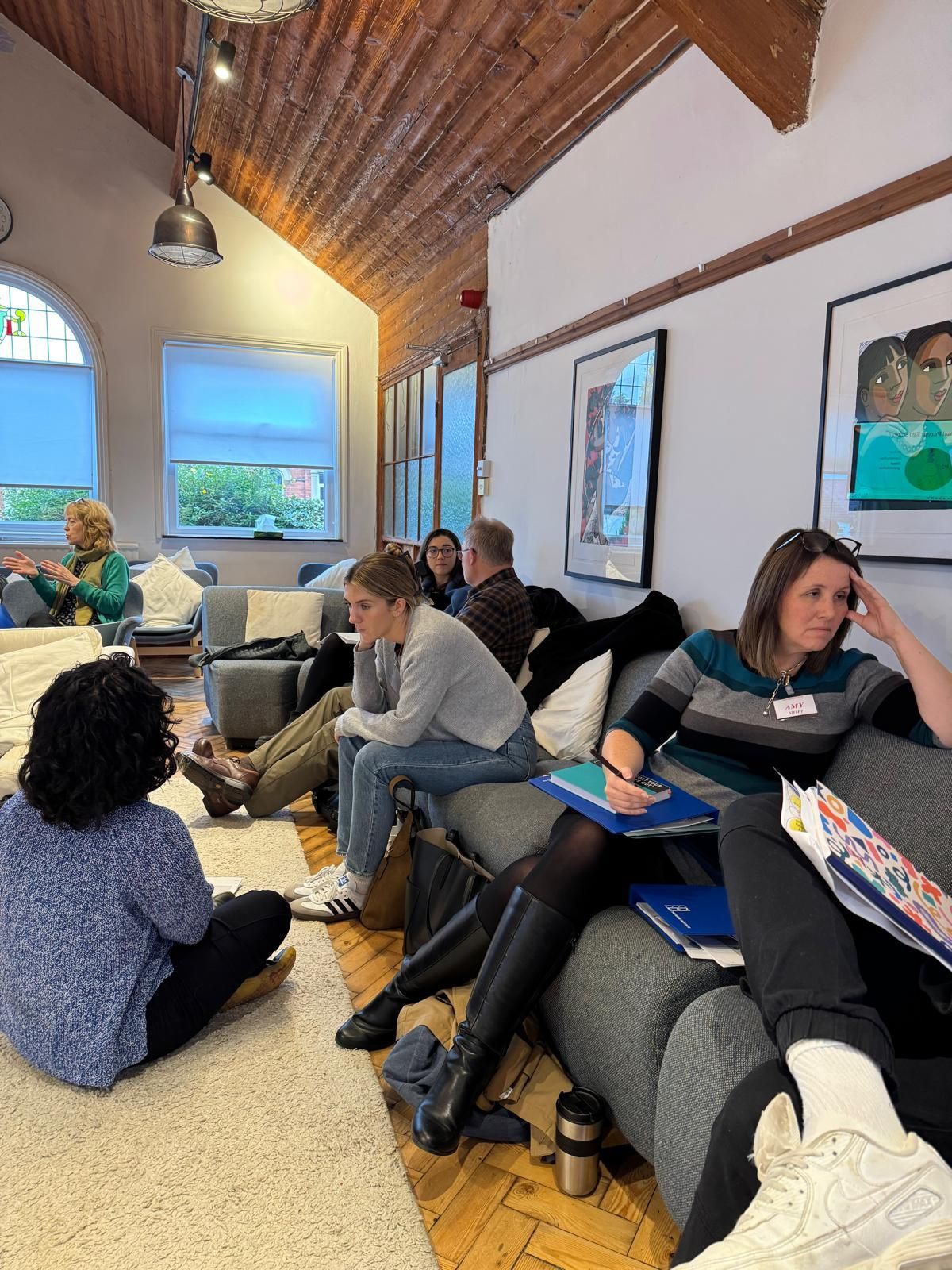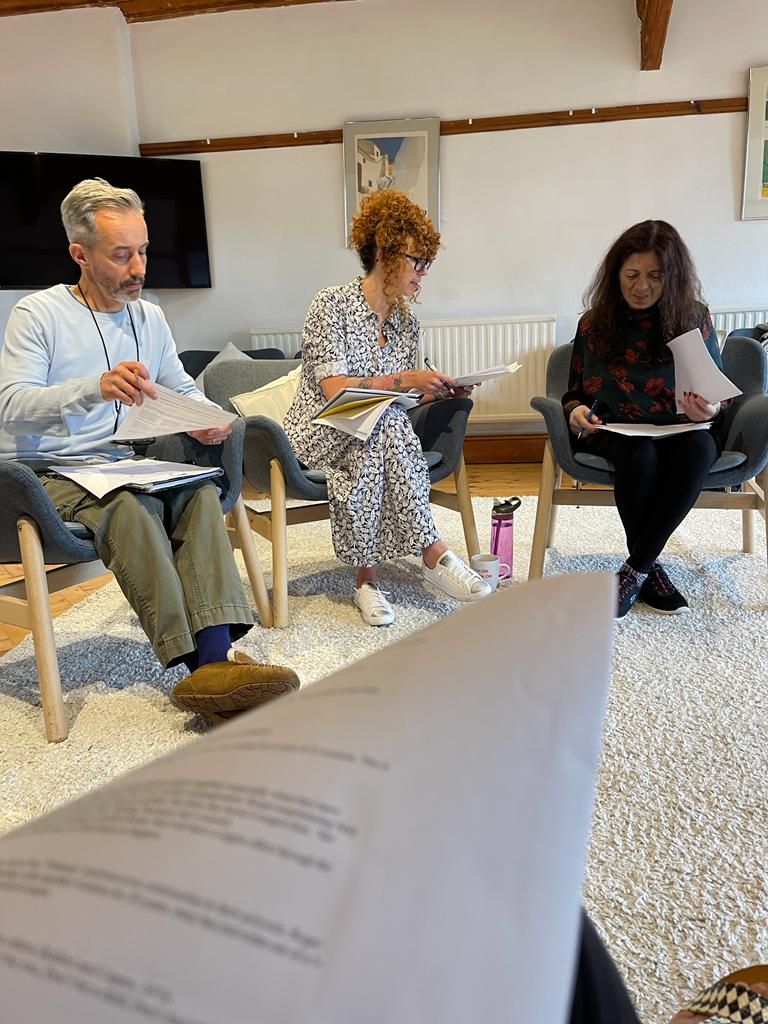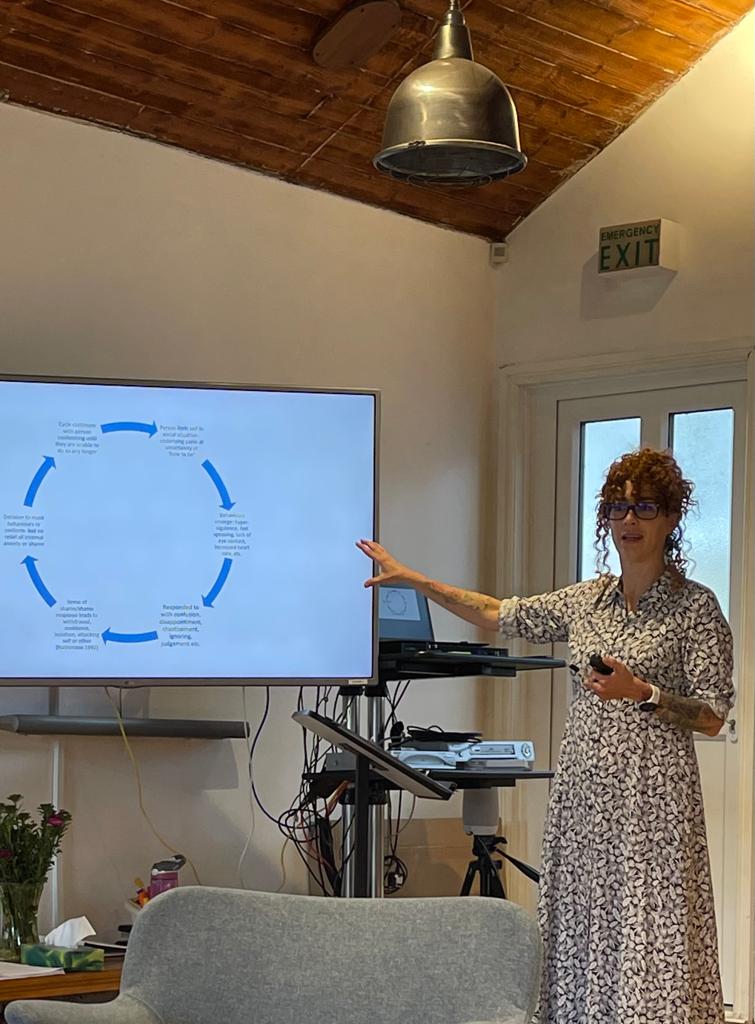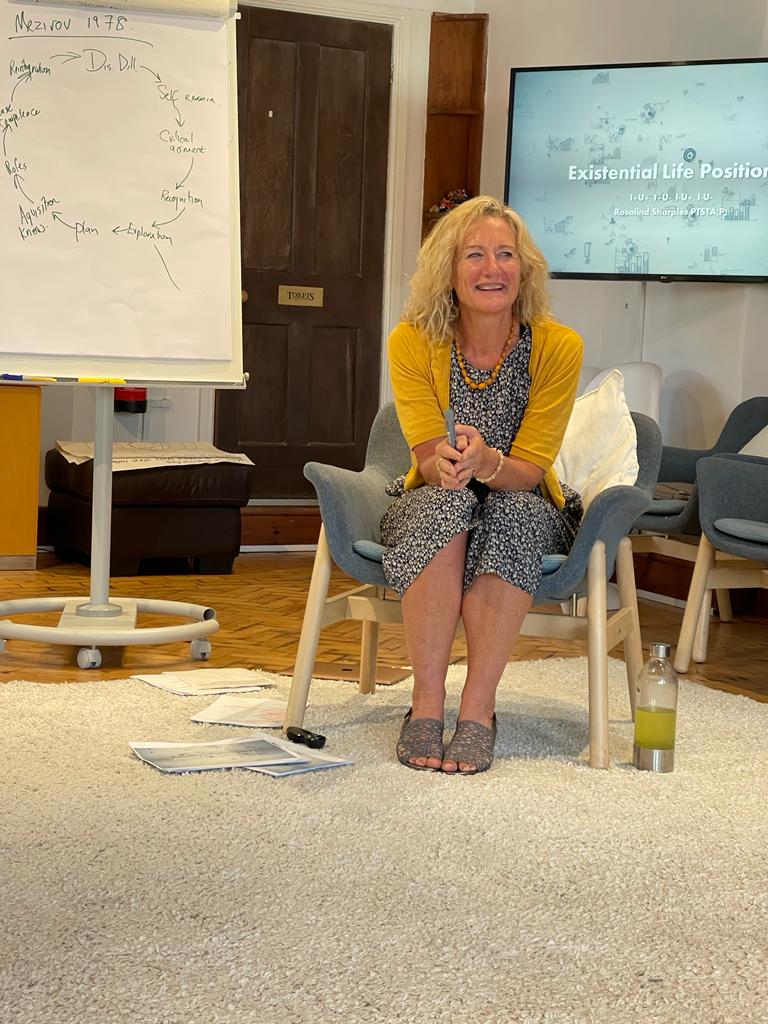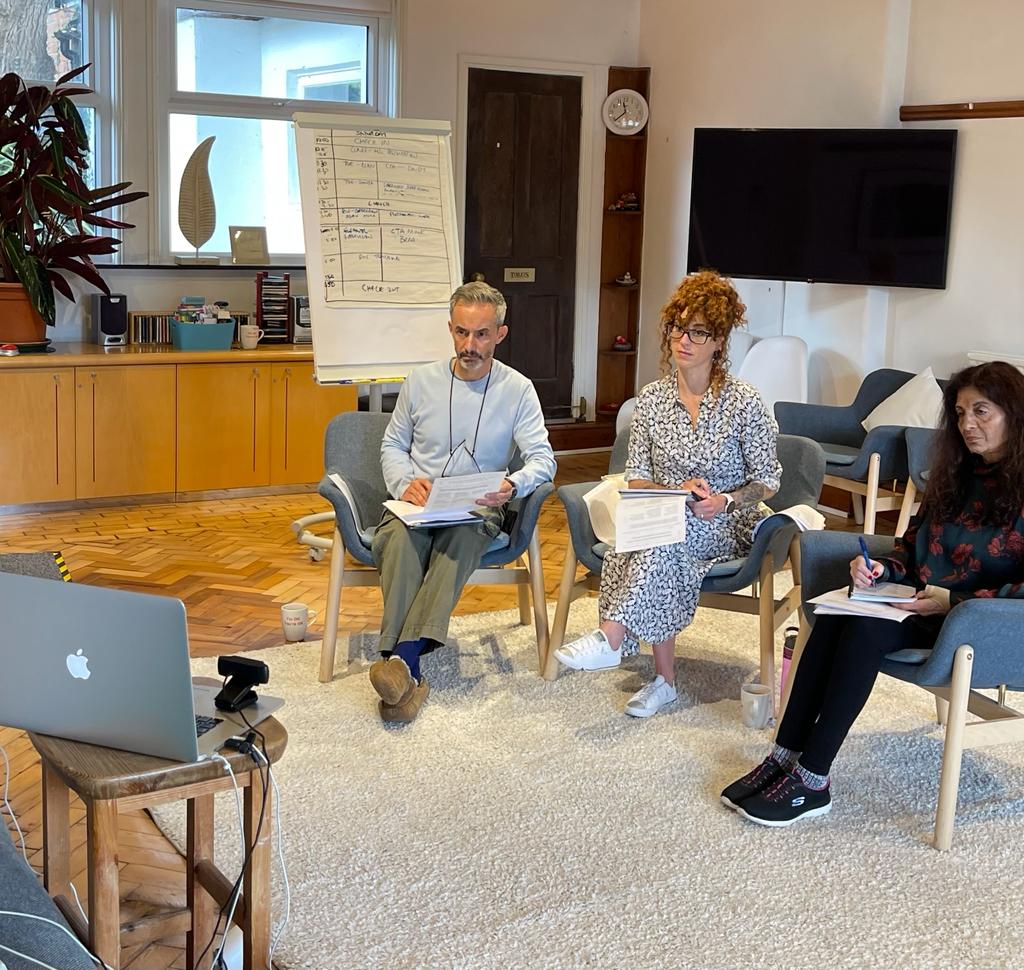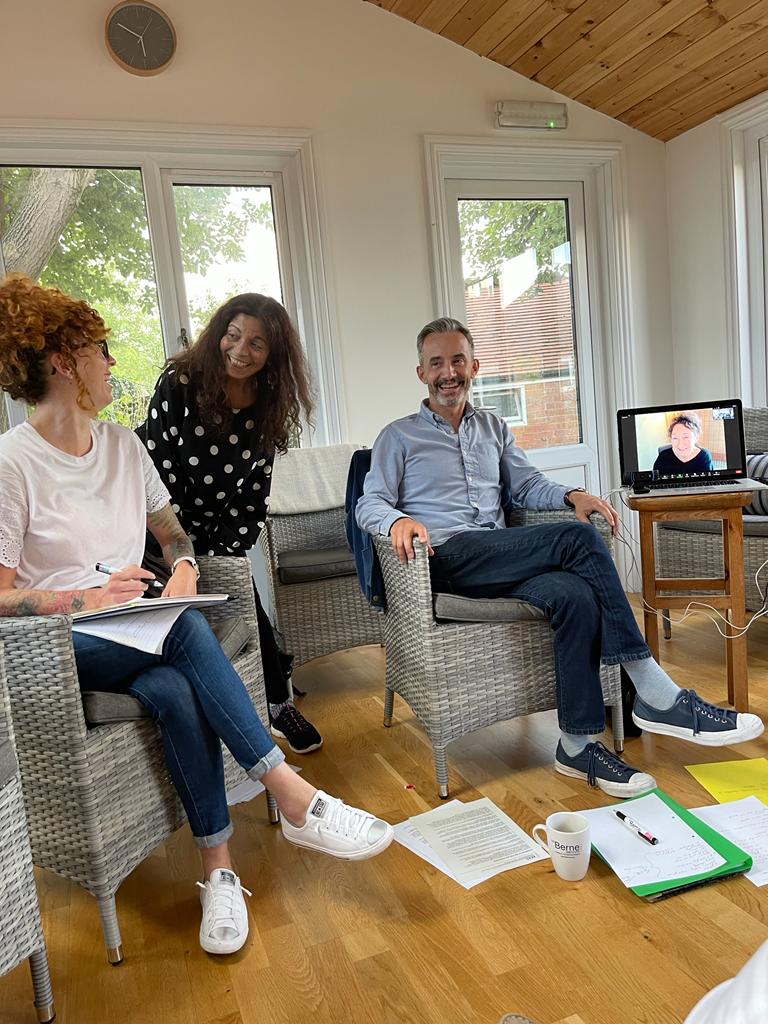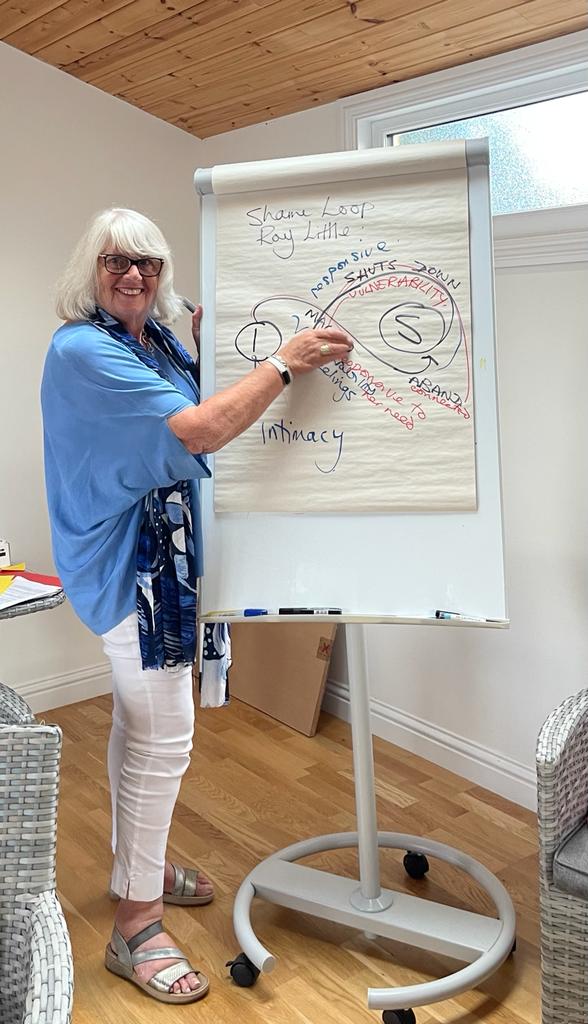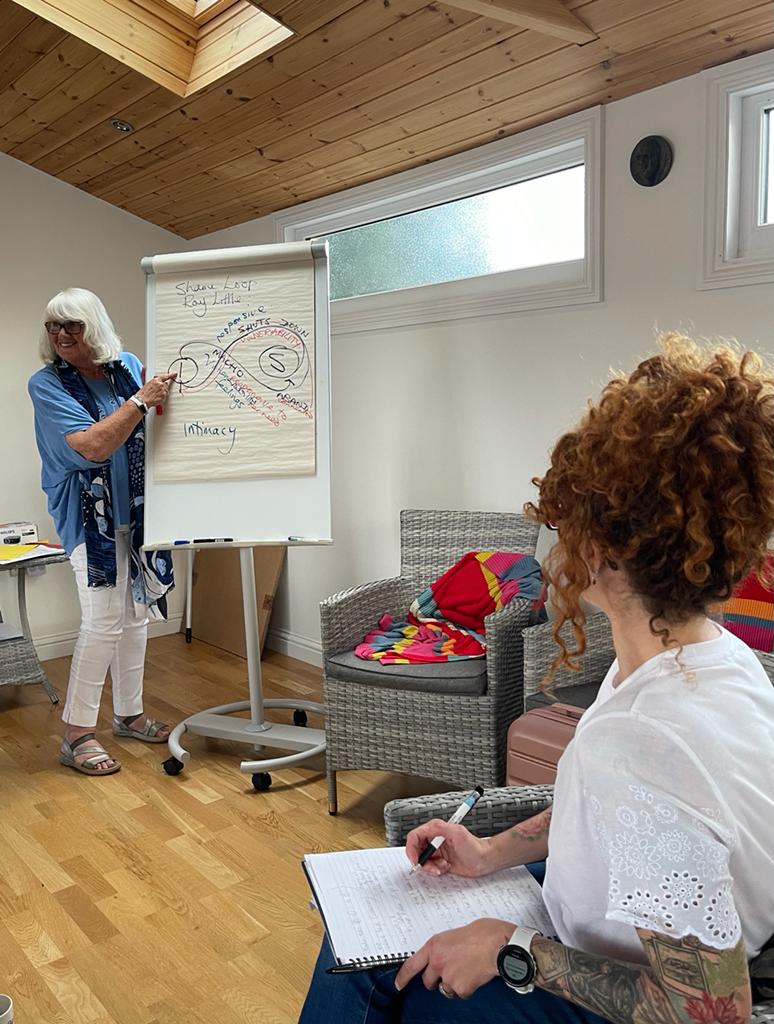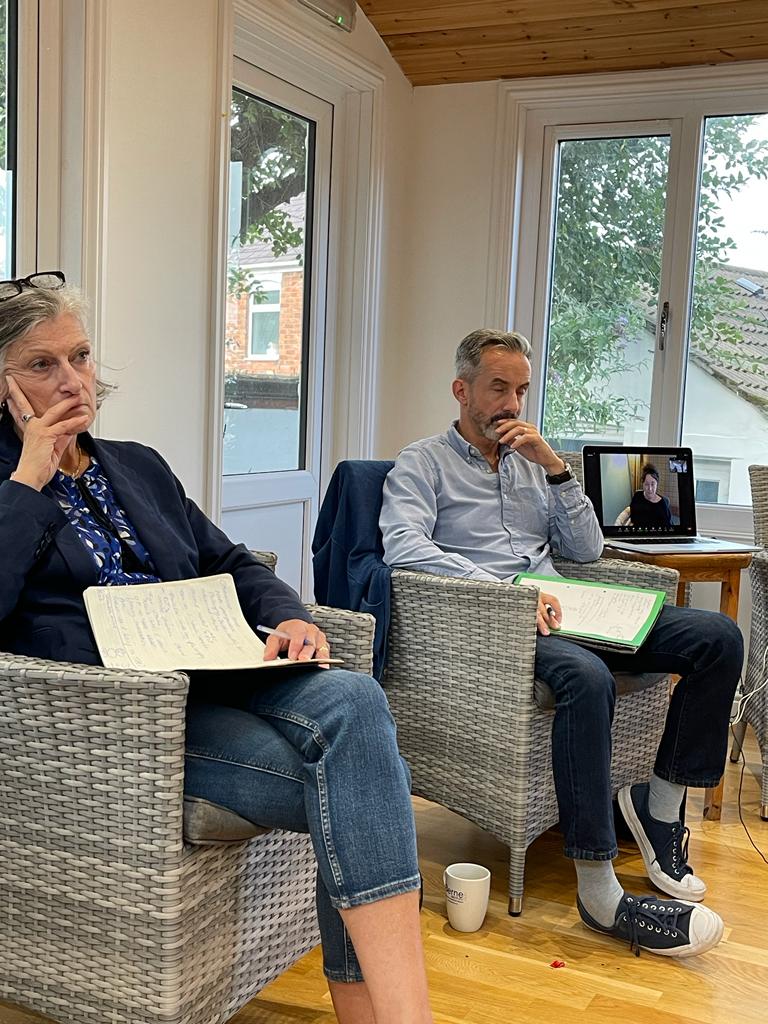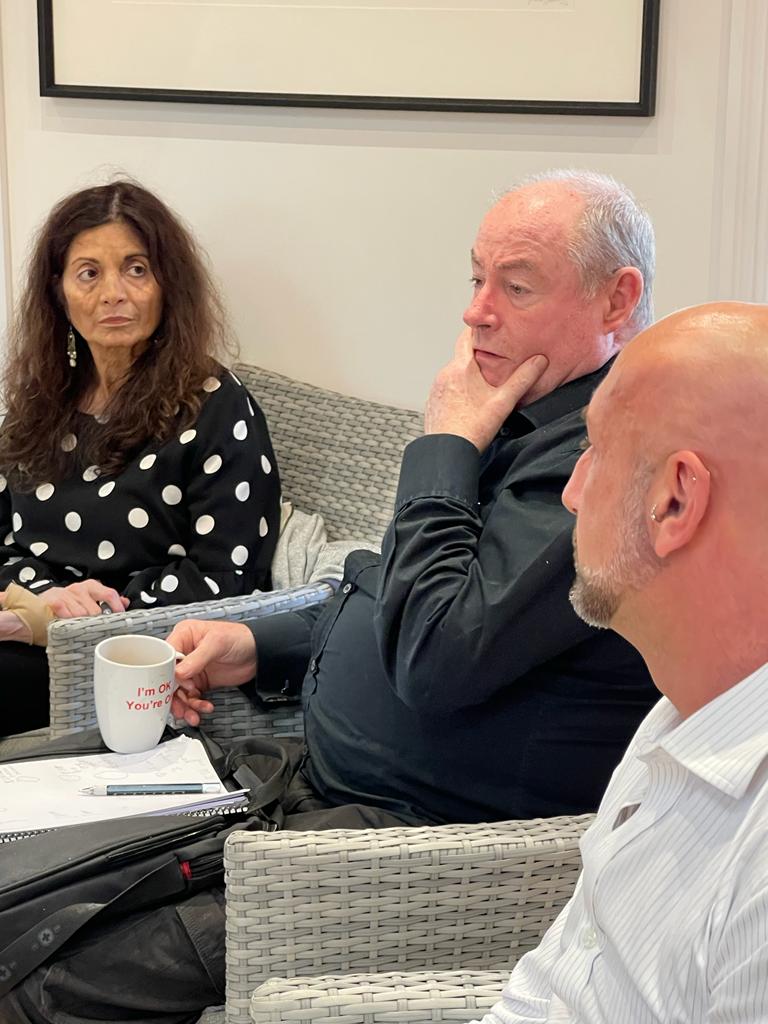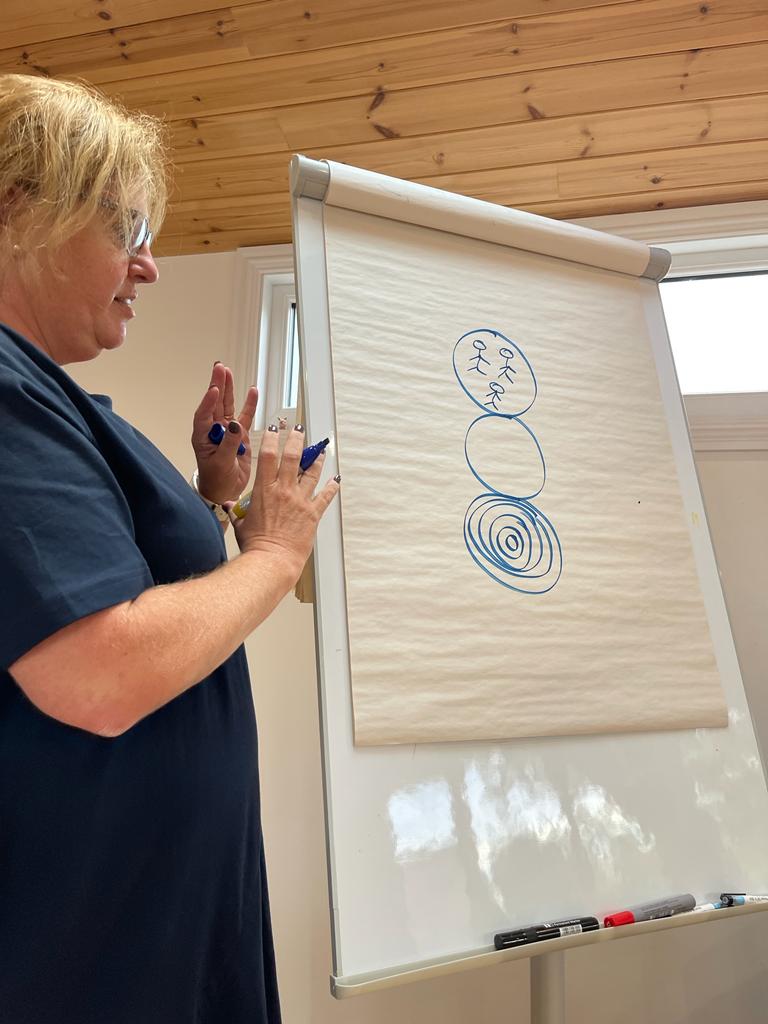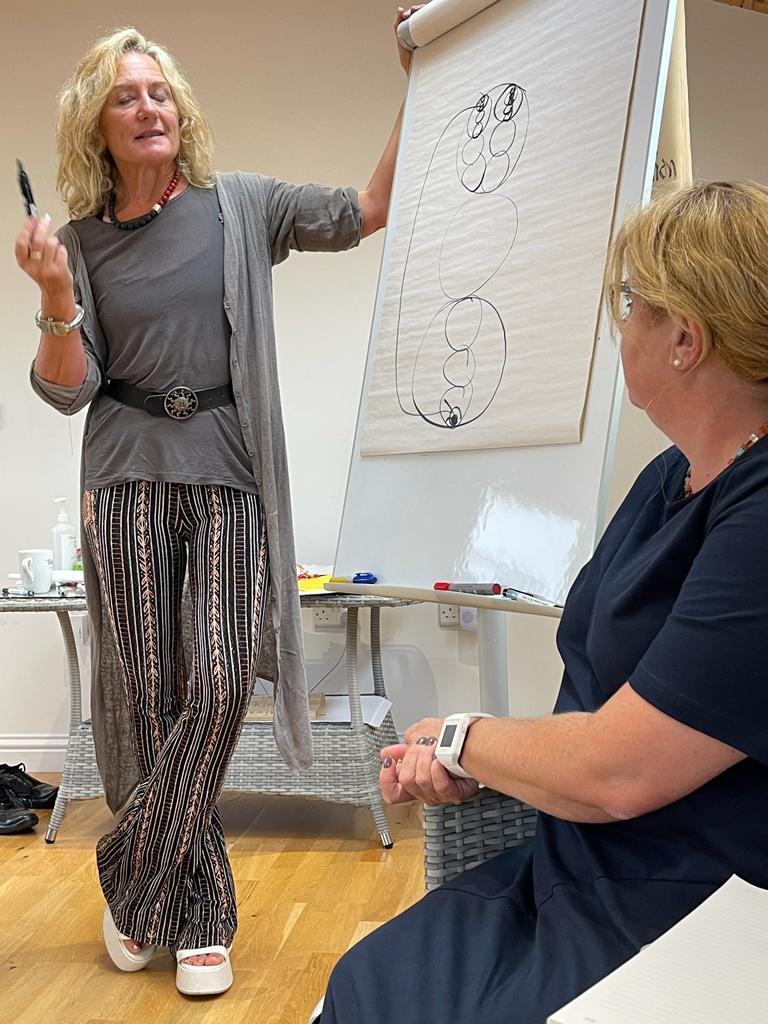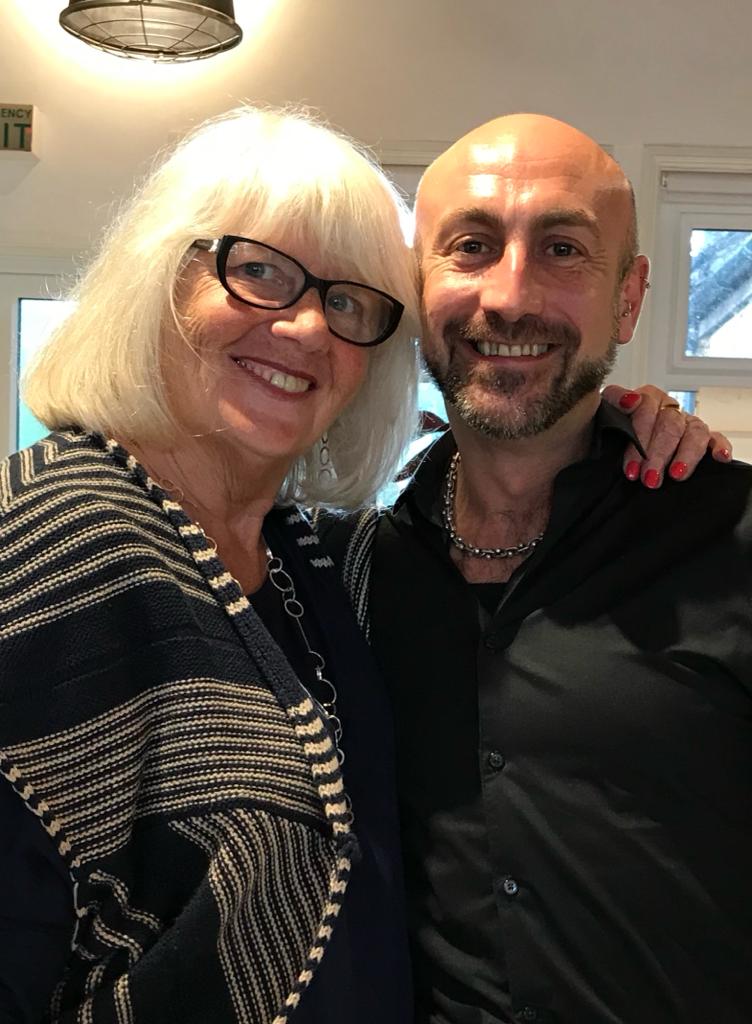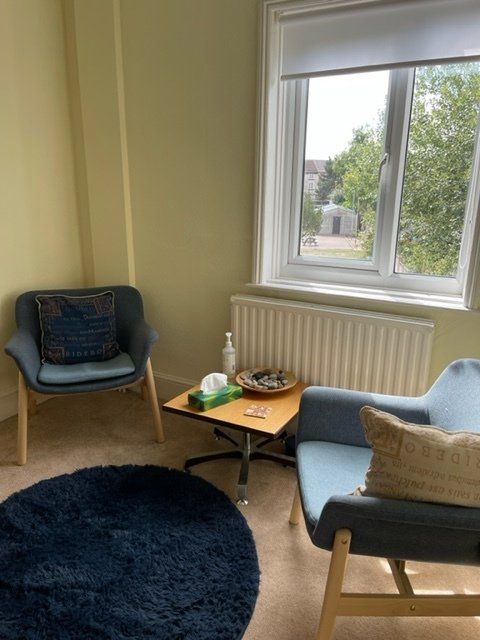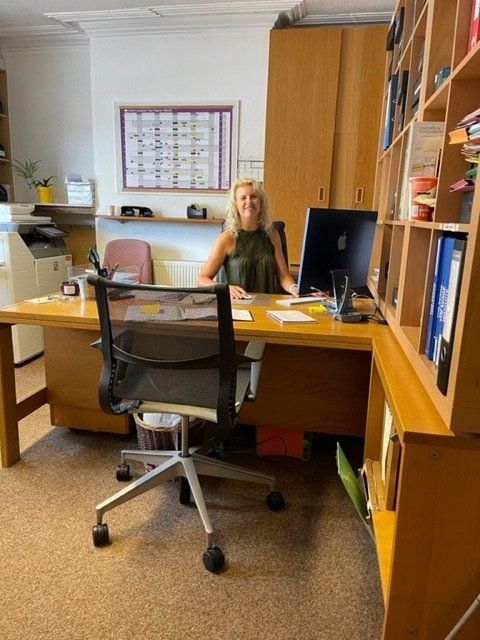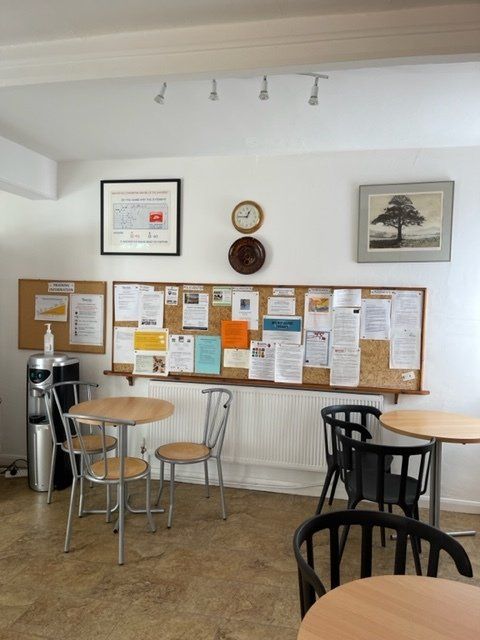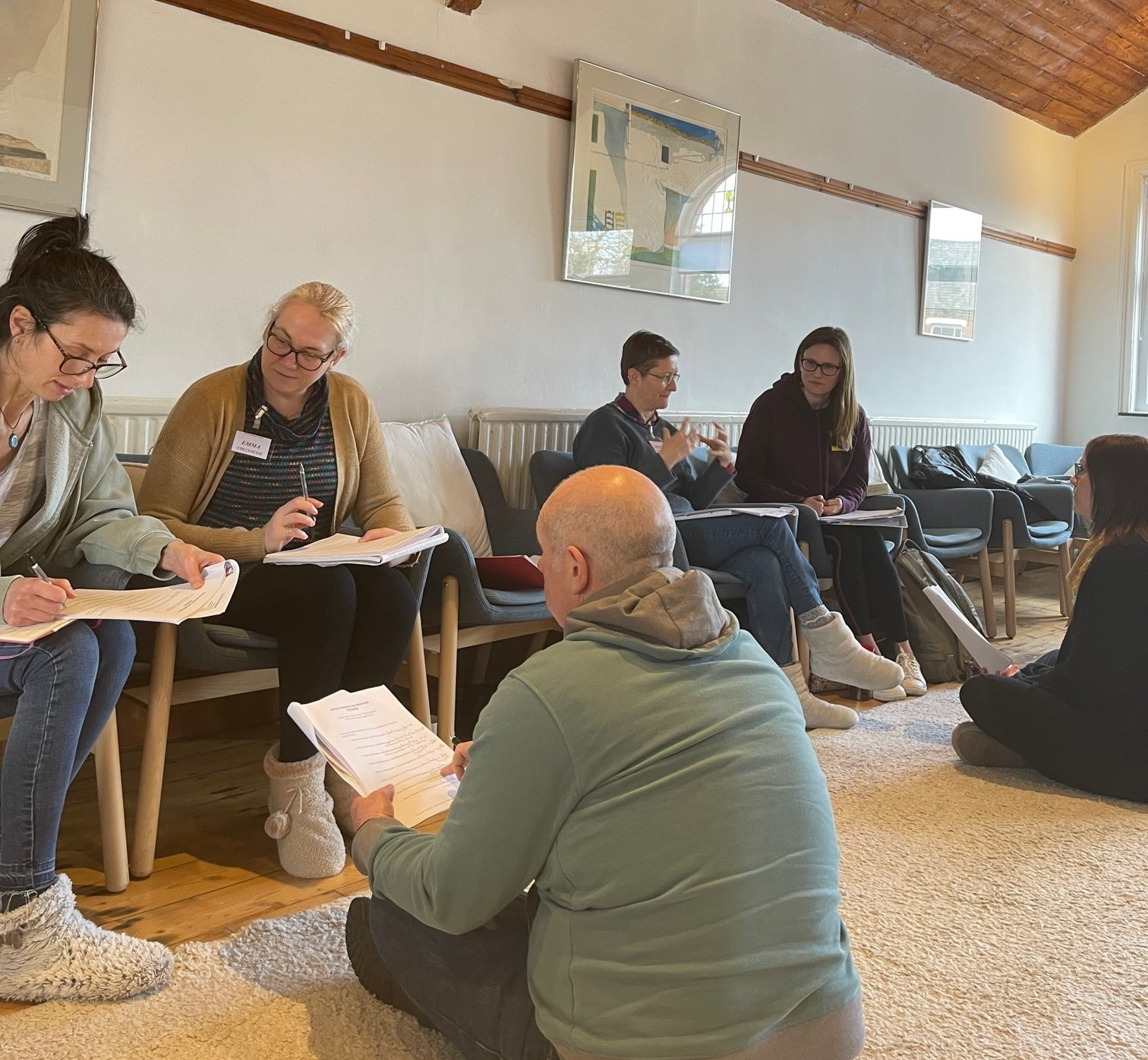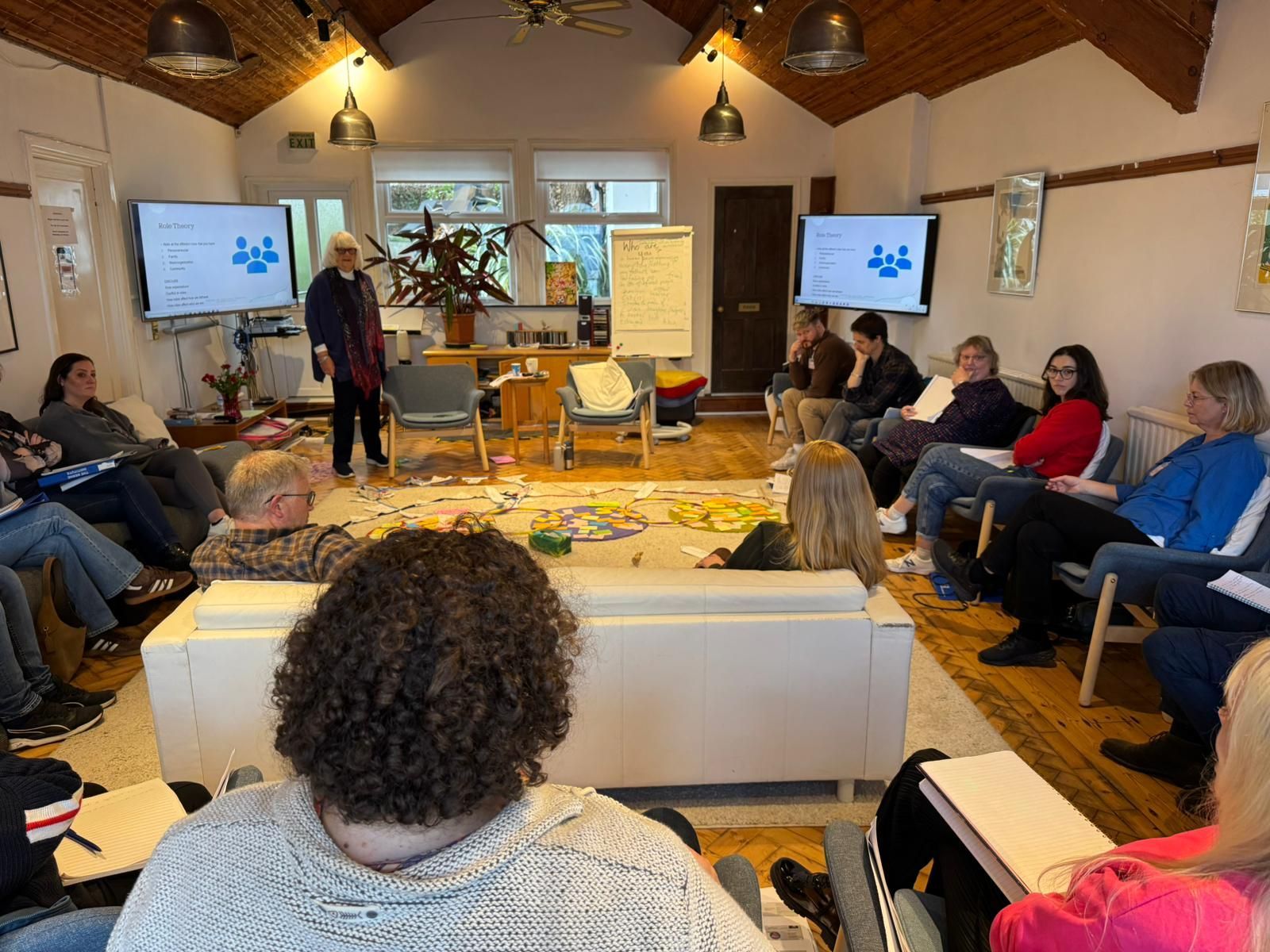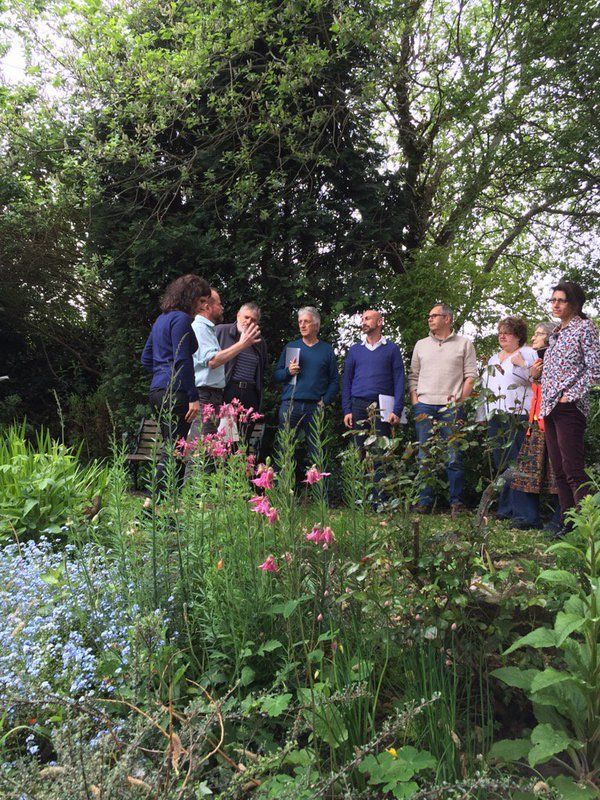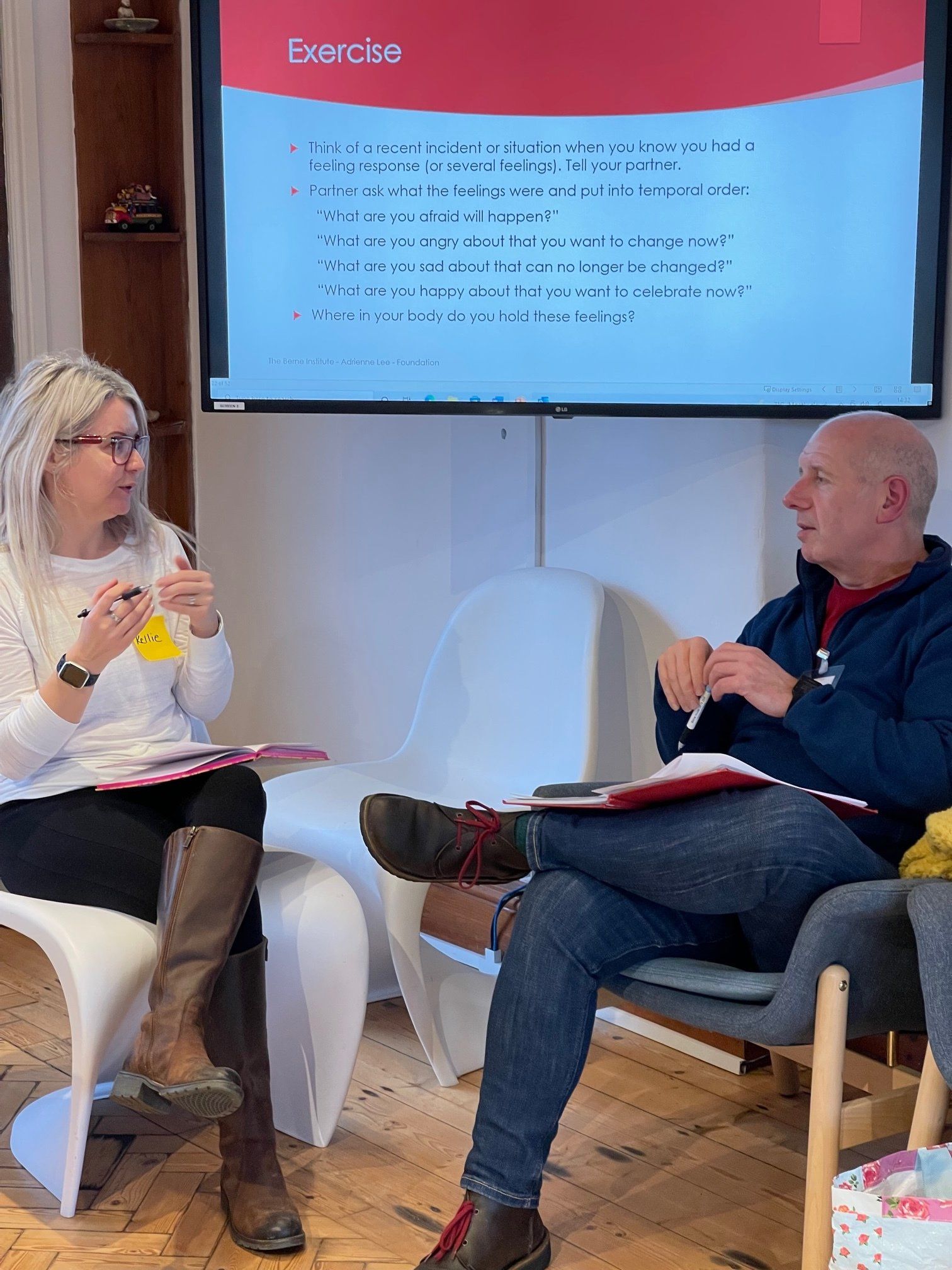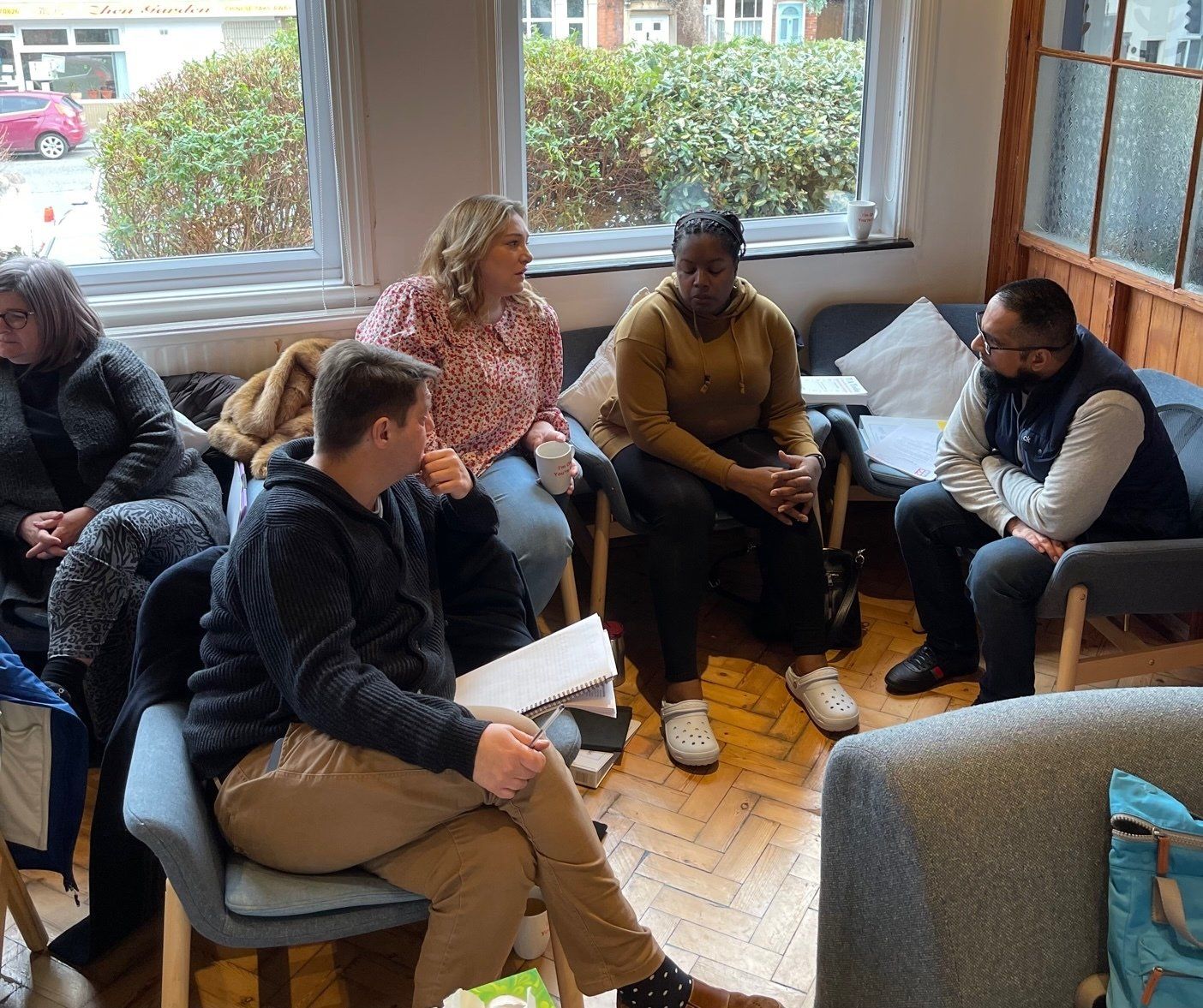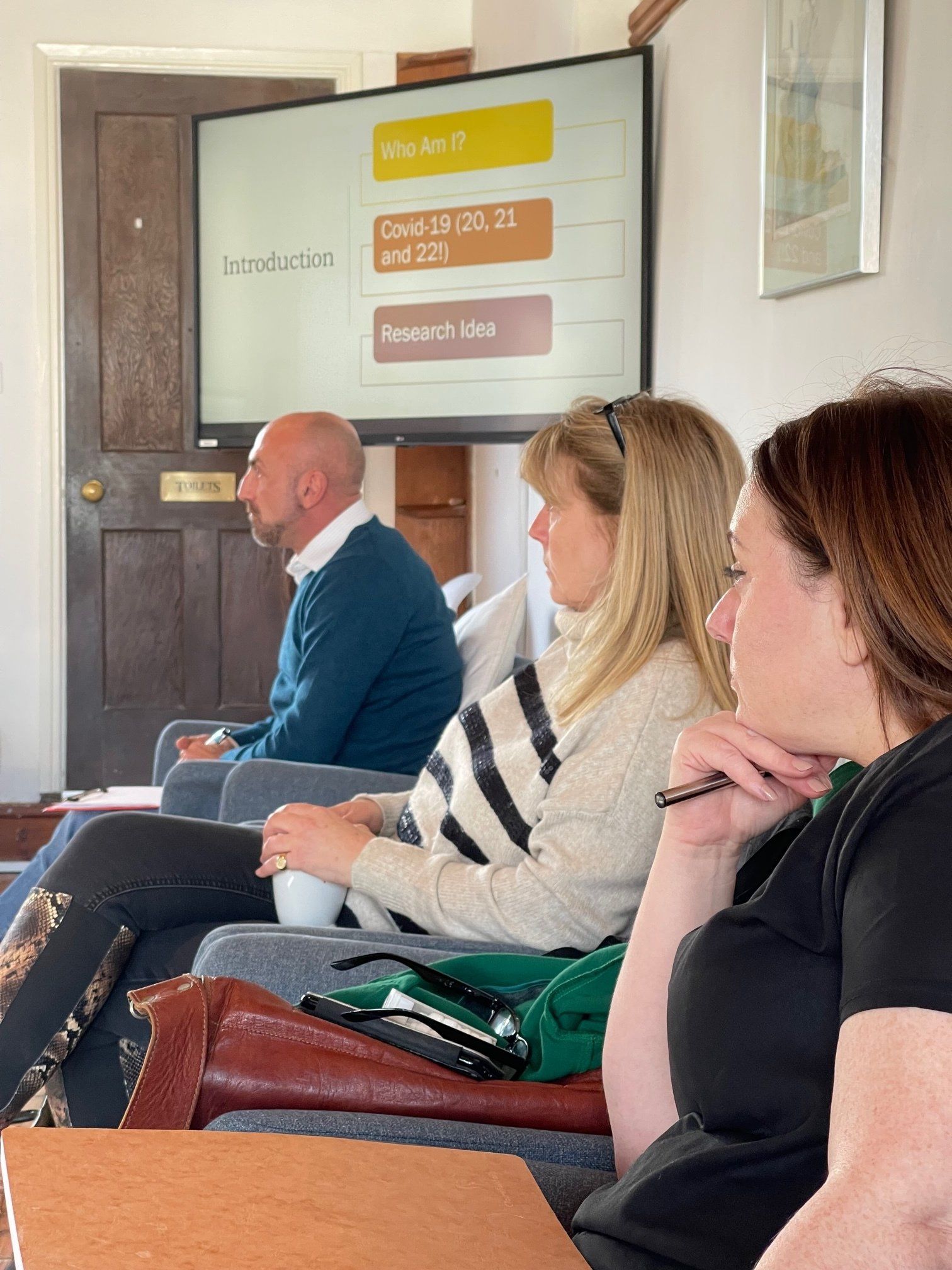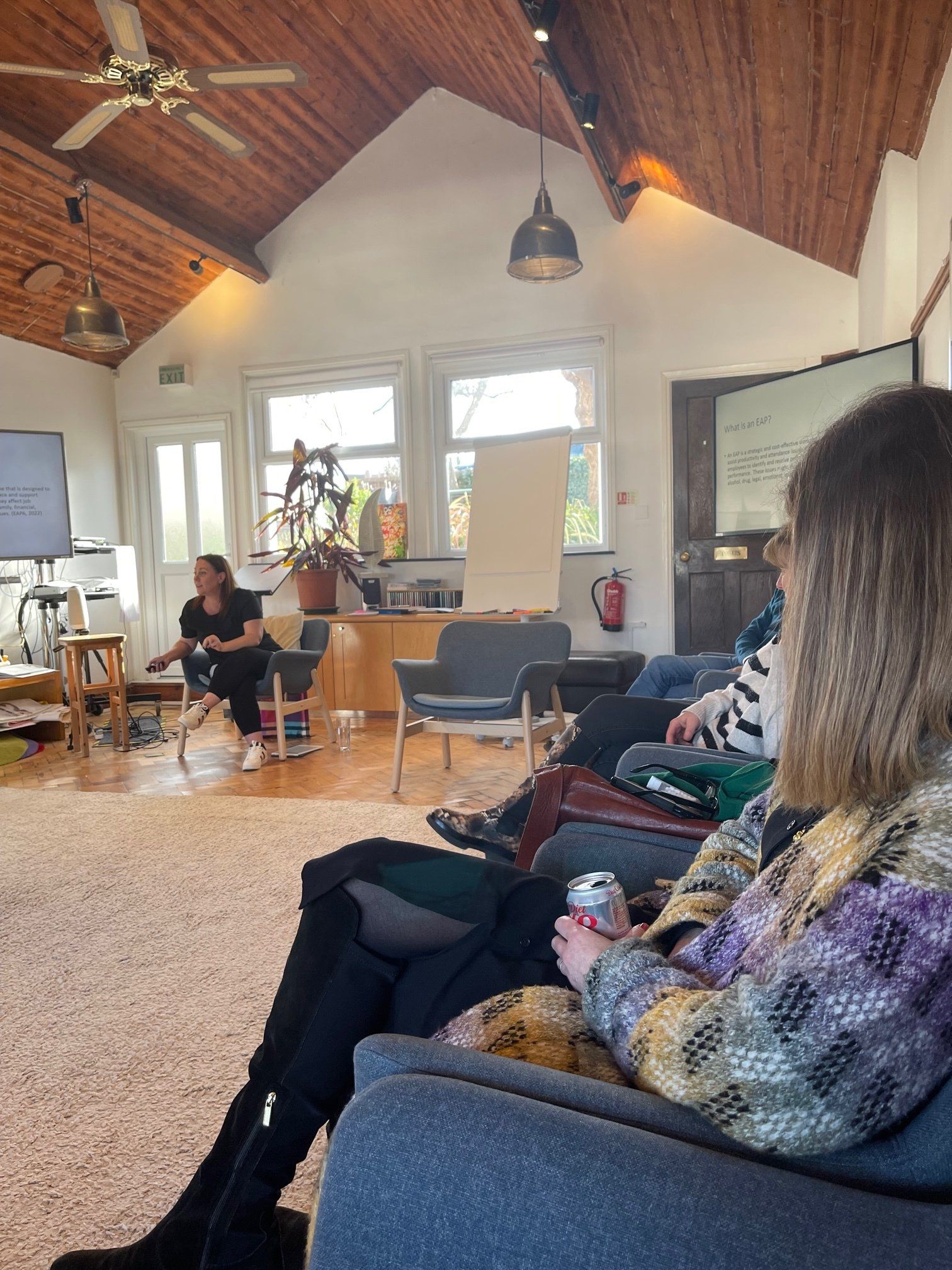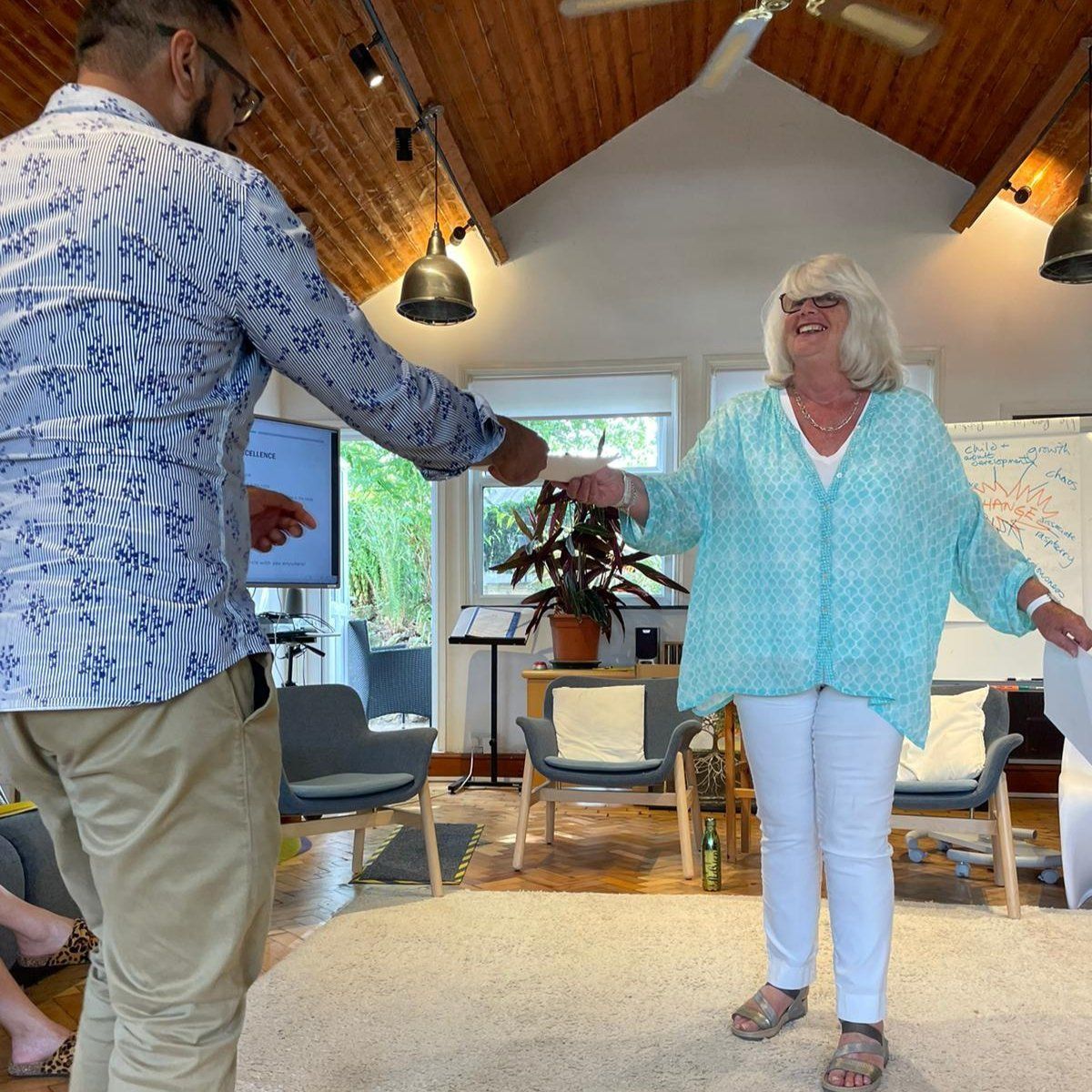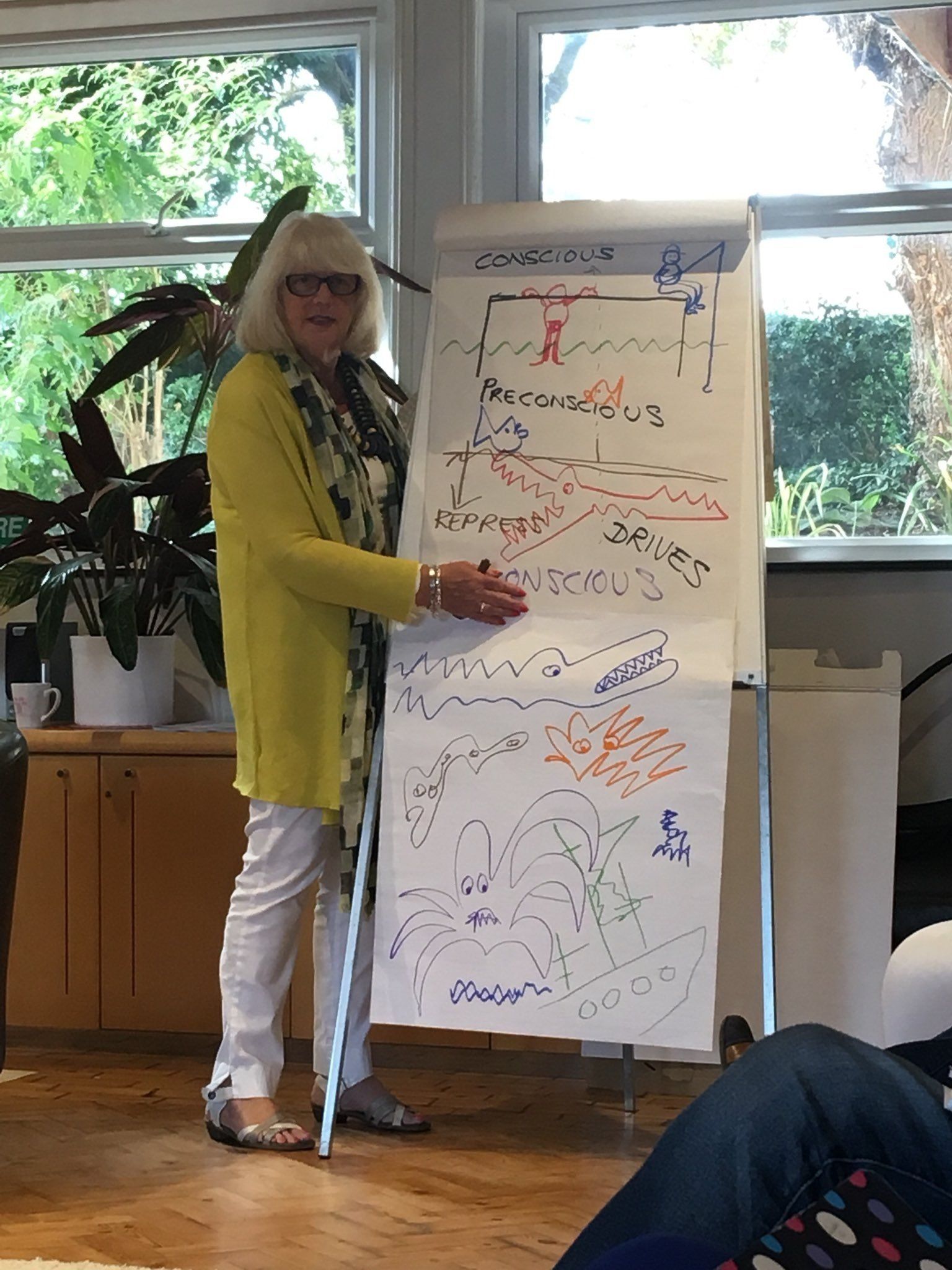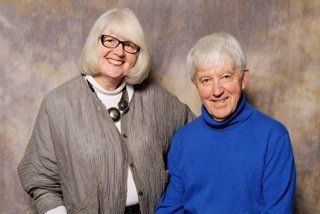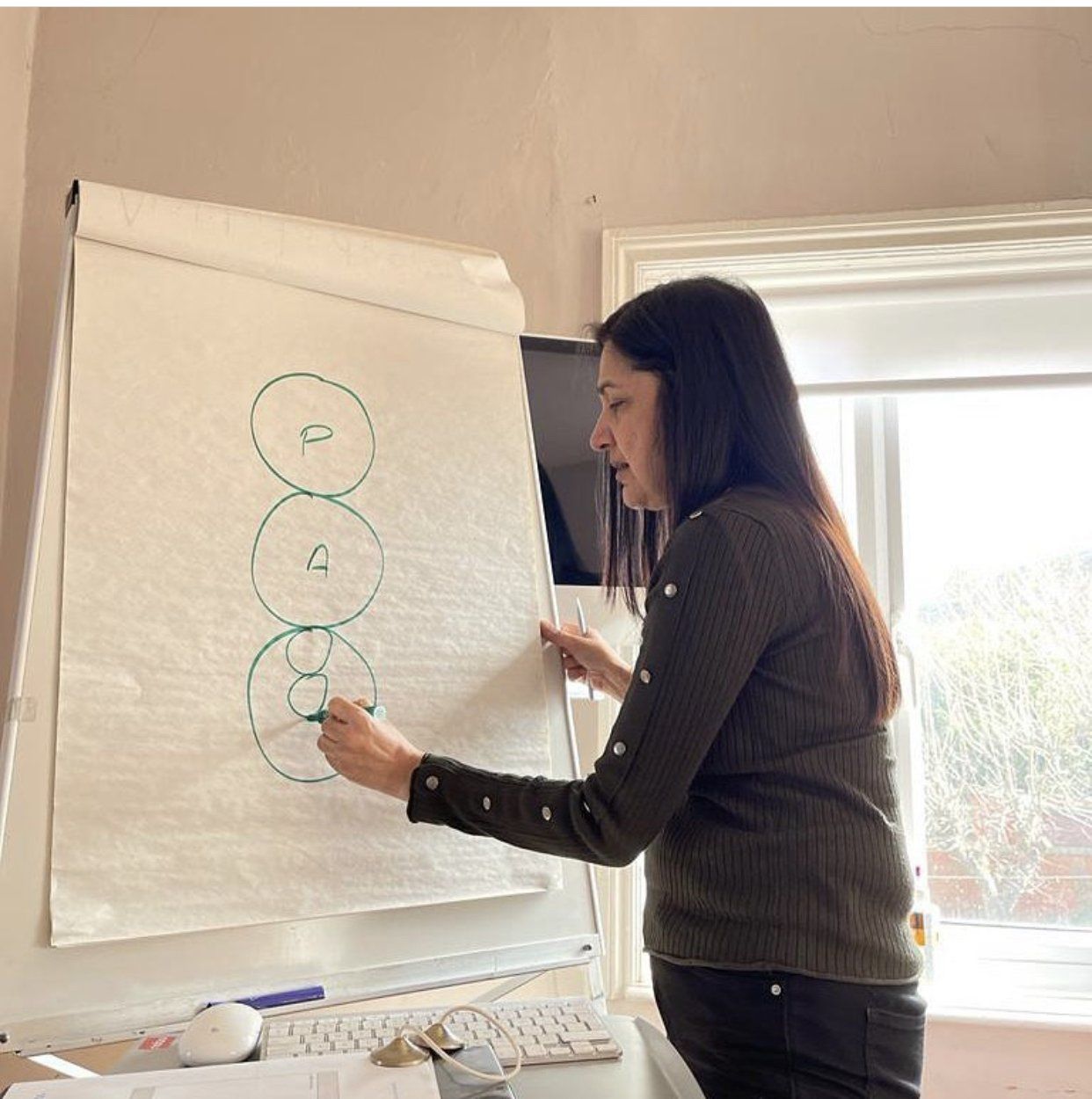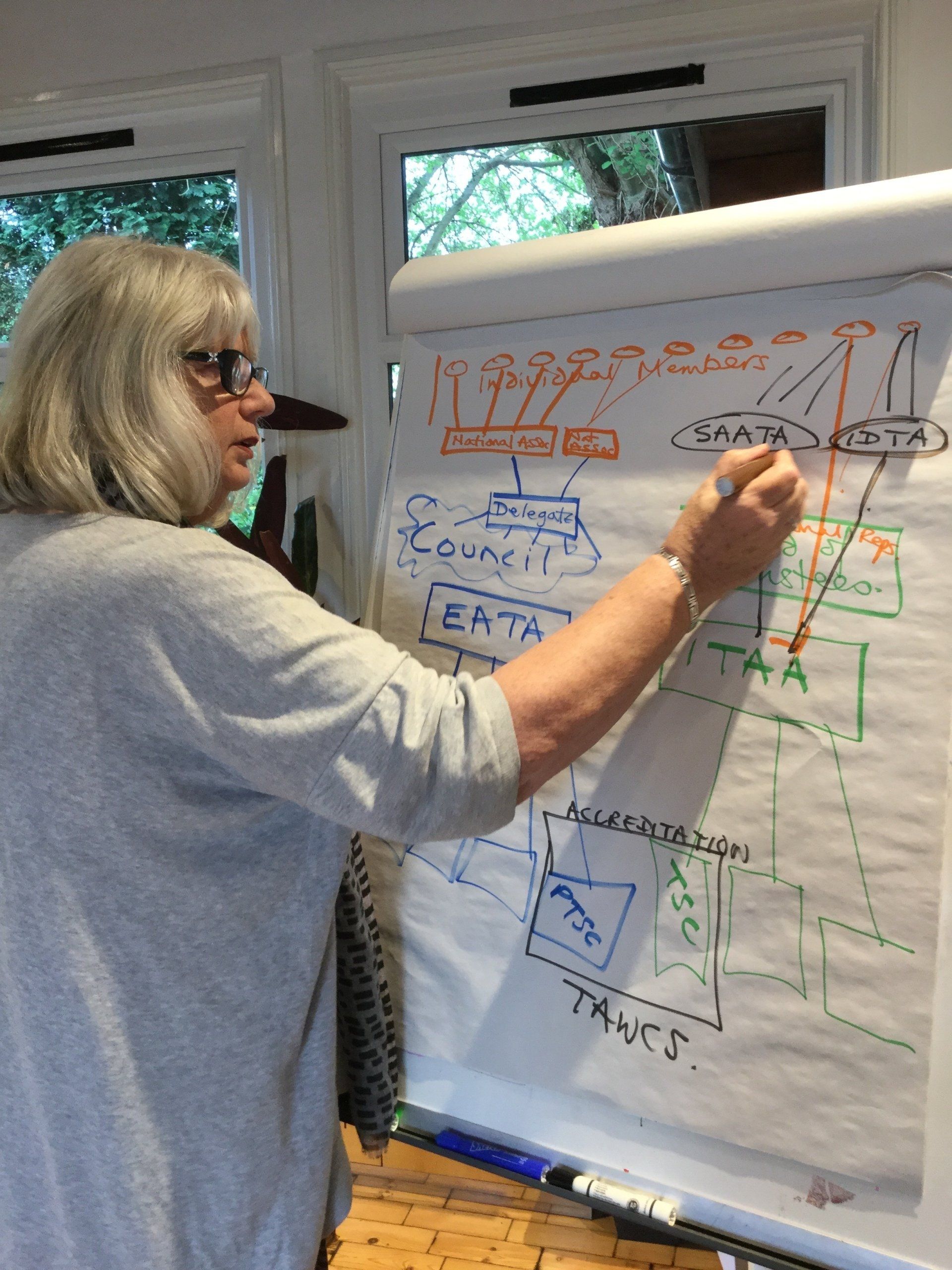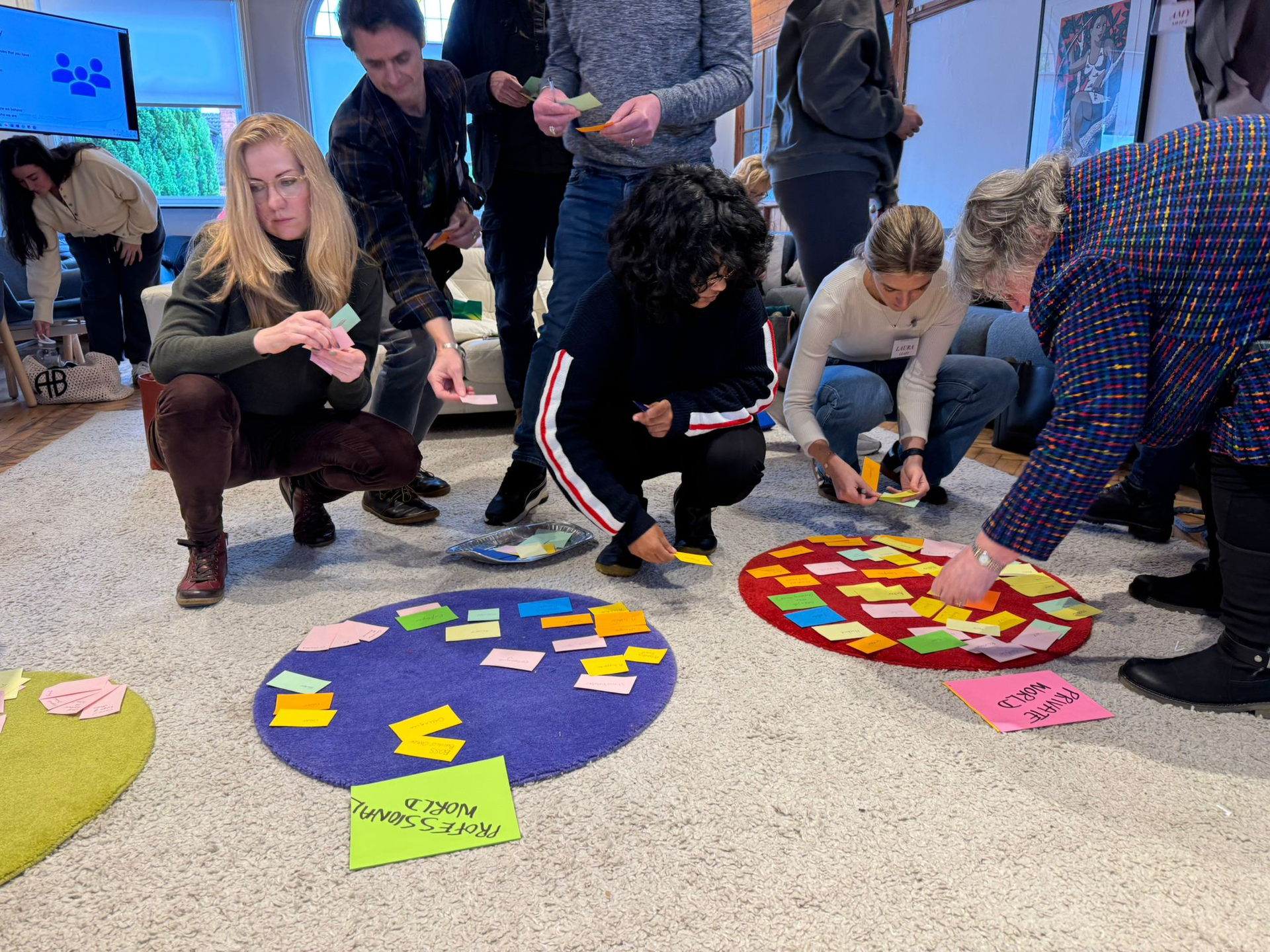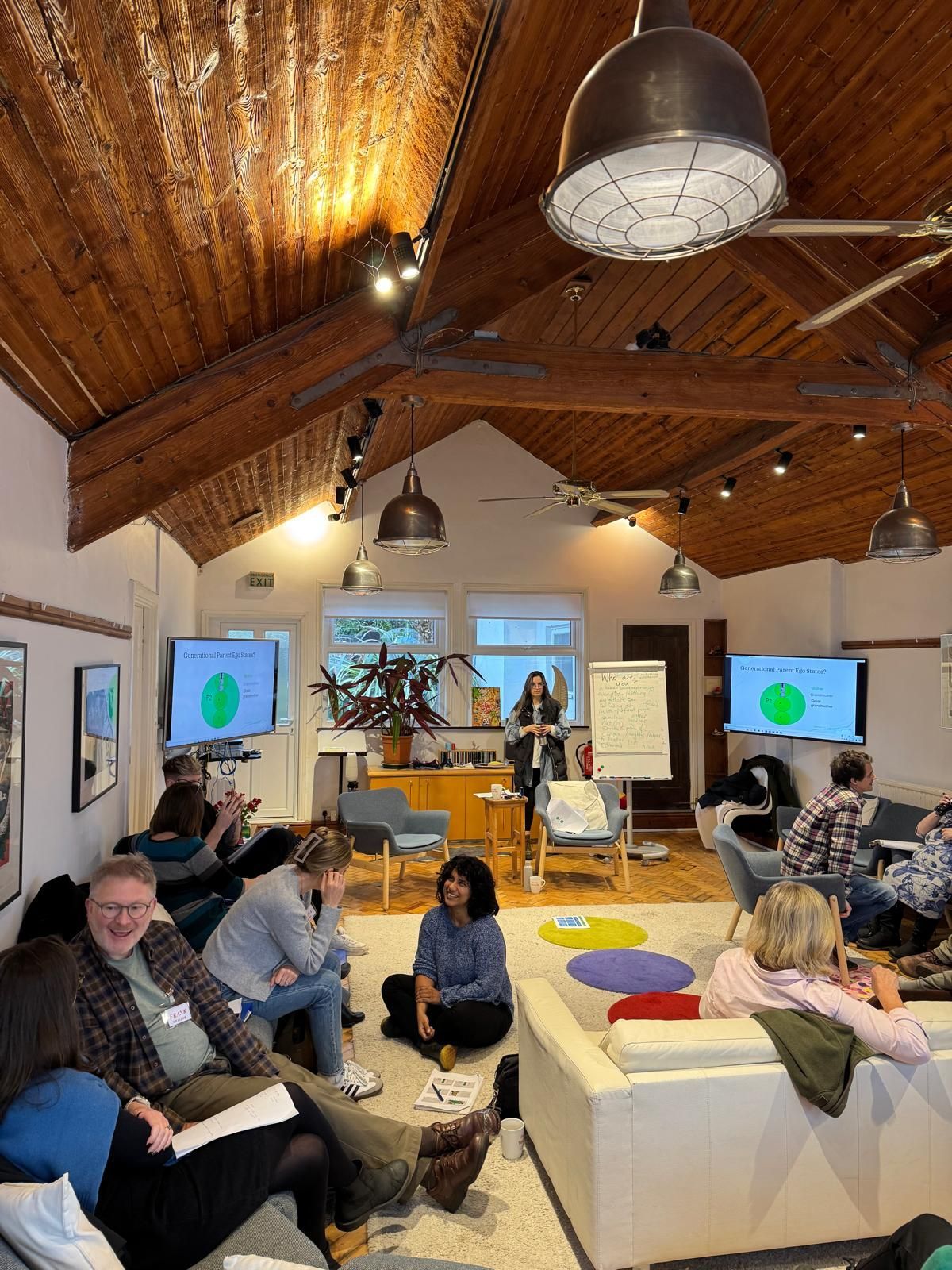Exam Group (TA Educational)
About the Course
The Educational TA Exam Group focuses on theory and supervision in the field of Educational TA, with the aim to prepare students for their exam process in the field including MSc, CTA and Berne Diploma. The group will be run by Paul Robinson and Beatrijs Dijkman over a series of online evening sessions throughout the year. Students are invited to share their way of working with TA, tapes for the oral exam, questions on, and explaining of, pieces of theory, and so on. Students will receive feedback and encouragement from their peers and trainer. In this group you have 6 sessions (6 - 9pm UK time) of Educational TA training/supervision, spread through the year. At the end of the academic year, you are invited to join The Berne Institute two day Conference. The hours on this course will count for Educational TA specialist training hours and MSc credit hours. On successful completion of the CTA, and enrolment on the Masters programme, the trainee may be awarded an MSc validated by Middlesex University if all other requirements have been met.
Summary
Course Cost
Fees 2024/25
£1675
Course Dates
Dates 2024/25
tbc
Tutors
Paul Robinson PTSTA(E)
Our Core Philosophy
At The Berne Institute we recognise that people come into TA training with widely differing experiences of clinical practice, theoretical knowledge and formal academic learning, and that they differ widely also in their current personal resources and skills. Our courses therefore honour the uniqueness of each individual’s learning and experience and their different learning styles, pace and areas of competence.
The philosophy and practice of Homonomy that respects our mutuality and interconnectedness has been recently integrated into the Berne Institute philosophy. The aim is to expand the focus in our theory and practice from individual change to include a focus on the wider implications of our work on the whole community and our planet.

